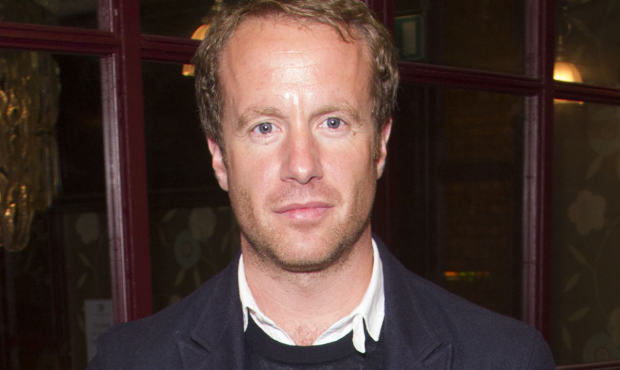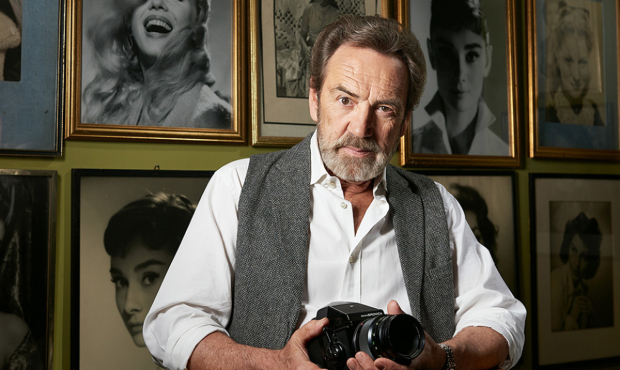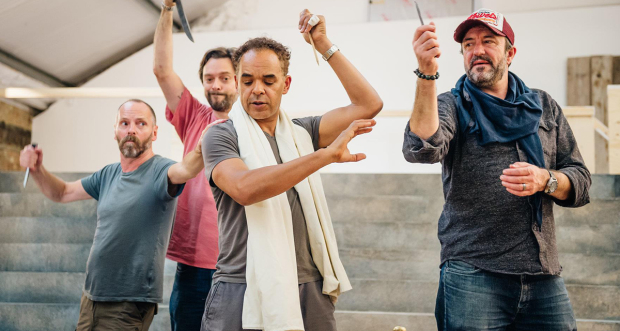Review: Cell Mates (Hampstead Theatre)
Cell Mates is the play that Stephen Fry walked out of in 1995, in the grip of bipolar disorder and on the verge of suicide. That’s virtually all anyone knows about it, because his sudden departure precipitated the closure of the production a few month later.
So this revival, directed by Edward Hall, is a chance to see clearly for the first time Simon Gray’s play, without any drama surrounding it. It emerges gleaming, a wonderful reminder of just how good a writer Gray could be.
His rare ability to walk the tightrope between high farce and deep human understanding is constantly on display in this study of the strange relationship between the spy George Blake, and Sean Bourke, the Irish petty thief who, in 1966, helped him to escape from Wormwood Scrubs where he had been imprisoned for 42 years for treason.
The story of that escape and Blake’s subsequent flight to Russia – extraordinary enough in itself – is barely told here. What interests Gray is the period afterwards, when Blake entices Bourke to Moscow for a "holiday" – and the Irishman finds himself trapped in a physical and ideological prison every bit as confining as the Scrubs.
Gray’s concern is with motivation and with the moral compromise that a life of espionage involves. He shows that Blake in his own mind believes he has acted ethically; like Stalin, he has sacrificed others for the greater good. Yet his duplicity has become ingrained. Is he, in essence, the charming, diffident man who talks Bourke into helping him, needing his courage and his succour in his darkest hour? Or is always pretending to feel, when in fact he simply uses those around him. "Spies betray people," he says at one point. "That’s what we do."
In Hall’s assured production, perfectly designed by Michael Pavelka so a little picture of Lenin lours over most of the proceedings, Geoffrey Streatfeild utters those words with a despairing mixture of impatience and sadness. It’s a subtle performance, from the second he first appears, shoulders stooped, hands still at his sides as if to move will somehow give something away. His prissy, calm manner, and his knowing ways are undercut and brought into question by the constant range of emotions that flit across Streatfeild’s face. He evokes sympathy for the man’s loneliness in the same moment as he reveals his ruthlessness.
Alongside him, Emmet Byrne precisely catches the way Bourke is enslaved by his need to believe in his own cleverness. his anti-establishment spirit, his appetite for living. He makes Bourke’s confusion and bafflement at what is happening to him as evident as the affection he continues to feel for Blake until their final showdown.
Their oddball relationship remains ultimately mysterious, but its twists and turns are charted in scenes that are audaciously funny as well as probing, and which are deftly played by a supporting cast of Danny Lee Wynter, Cara Horgan, and Philip Bird, each taking two parts.
The moment when a garrulous CND supporter and his doctor wife indulge in a vicious marital spat just as the manhunt for Blake is launched is a brilliant piece of comic writing; the fact that the KGB man has a dumpling of a daughter who is doomed to be a discus thrower rather than a gymnast is just one of the rich details that brings this strange true story to such compelling life.
Cell Mates runs at Hampstead Theatre until 20 January 2018.













